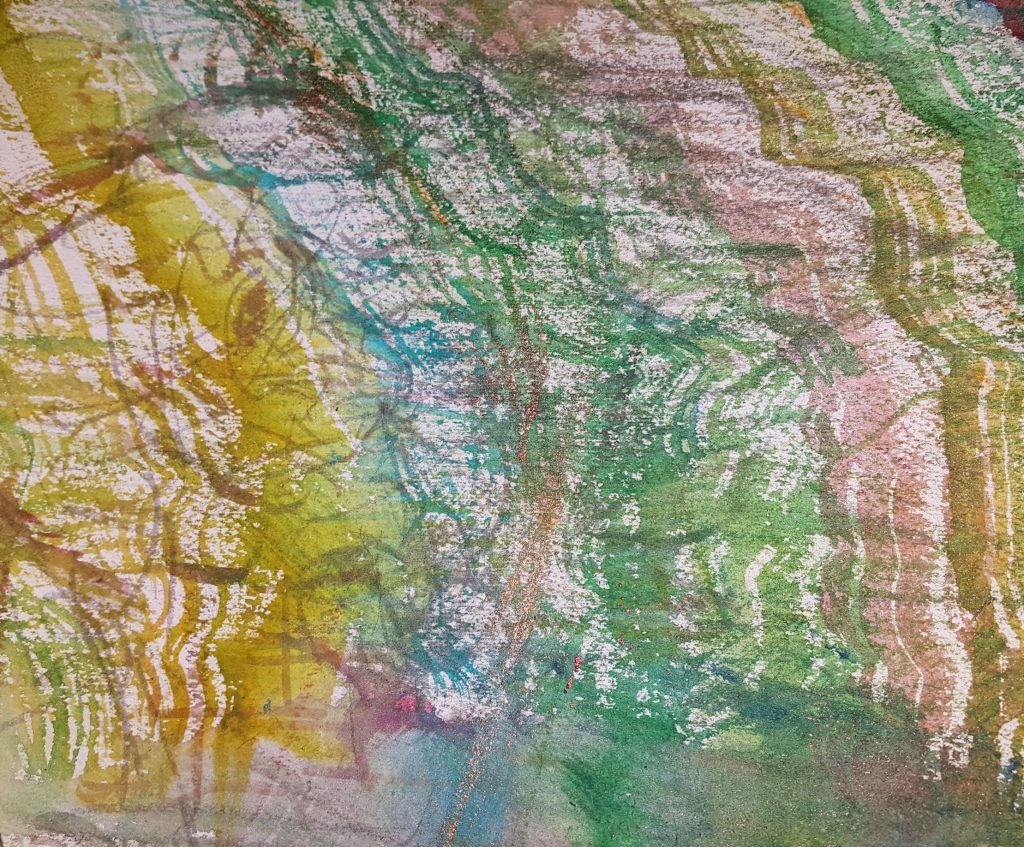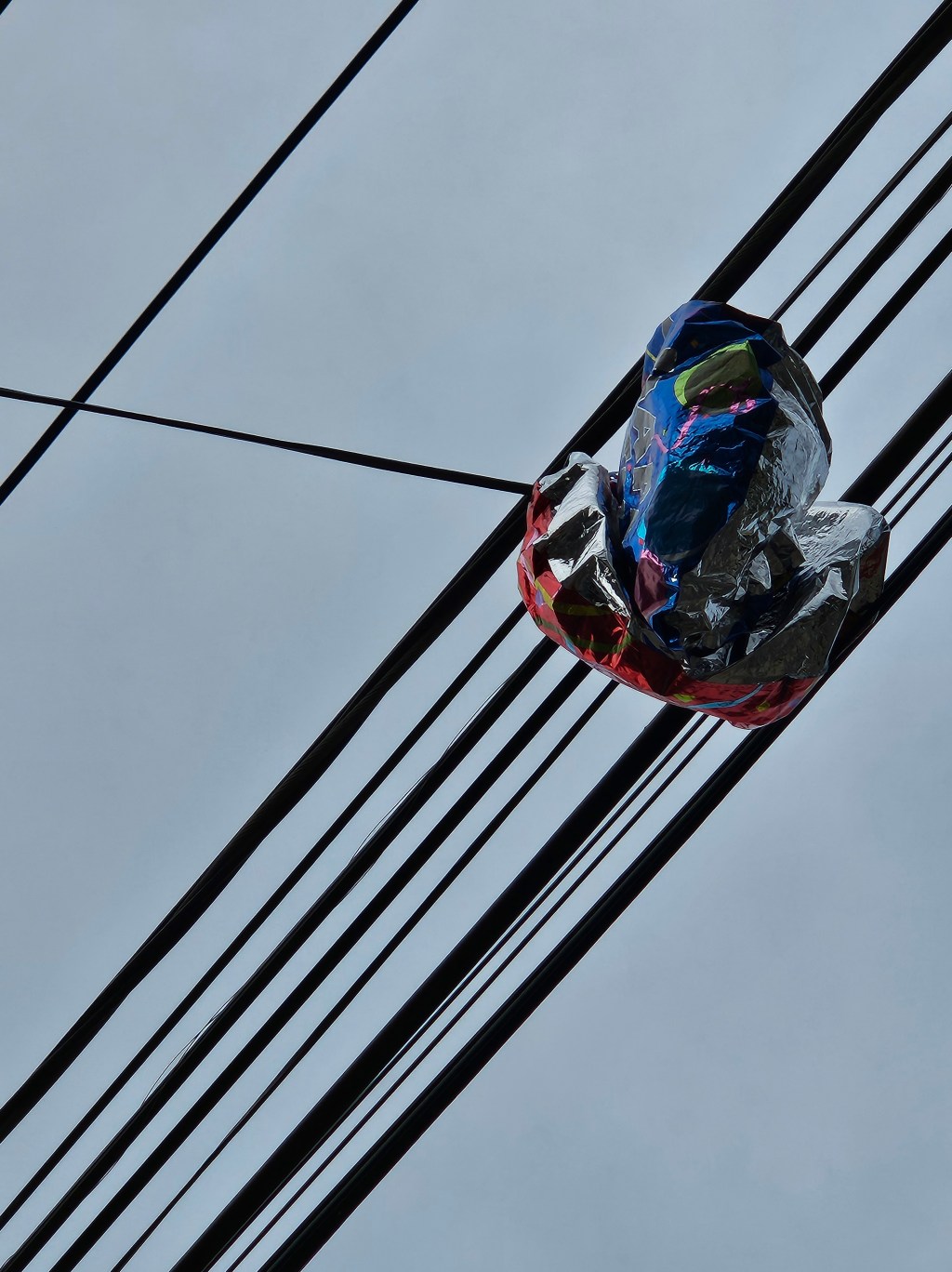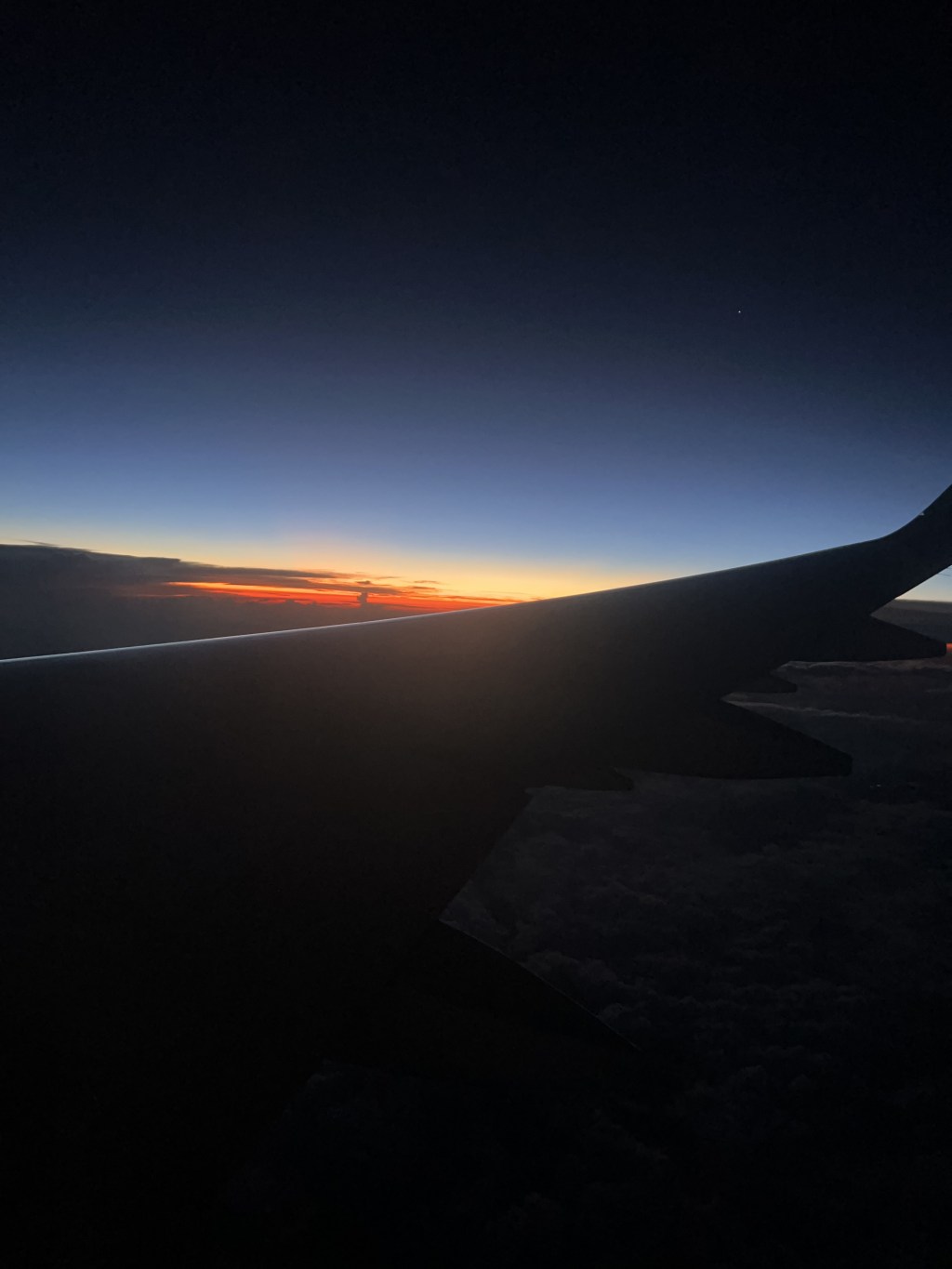
My father was dead.
The fat kid who lived down the street, the one I’d bitten on the back for no good reason, told me this as I played two blocks away outside Willy’s Trucking Company. And as I ran toward my house, toward my father, I felt a strange light fill my six-year-old frame. My breath pulled out in feathered gasps, chest heaving, small heart banging like a swift in a chimney. I pictured my dad slumped across the Formica kitchen table, beer can anchored in his fist. He had always told me he wanted to die beneath a Pabst Blue Ribbon truck. Then you can throw me in the back with the bottles, he’d say, and, terrified, I’d look for the trucks while walking to school, while lighting fires in small alleys, while looking out my screened window at dusk when everything took on a purple glow and all the houses and crumbling walkways and lost dogs radiated a kind of sad, bruised hue.
I ran to his dying down our street even though roadways still scared me, having been hit by a car two weeks before. The woman told police she thought she’d hit the curb. Other cars had stopped for me at the crosswalk, smiled above their big American steering wheels and motioned for me to pass. That’s when my body found impact and I was lifted as if by the hand of God and dumped on the other side. Faces encircled me. I wanted to know where my mother was. In the ambulance, my father pressed his mouth to my ear and whispered “Jesus loves you.” I believed I would be saved.
I could see the red splash of ambulance lights across the clapboards of our rented home, neighbors milling outside in t-shirts, jeans blackened in third-shift stains. I heard someone say ‘heart attack’ and knew they meant my father.
“Chris, won’tcha stay outside, huh?” an older man said. He was the same man I heard retell the story of our neighbor Lucious firing a .22 through his living room window, picking off empty beer cans he’d lined up on the sill like tin men. My mother worried what if someone was walking by on the sidewalk when that happened, what if my brother or I happened to be passing by?
I slipped through the bystanders and found my brother Brian on the porch. He was a year older than me.
“W-w-where’s dad,” I pleaded, my stuttering worse than usual.
Brian’s eyes looked scared.
A gurney plowed out the front door, its tiny wheels flickering. The two EMTs seemed annoyed trying to maneuver my father. A white sheet was stiff at his neck and his red beard glistened as he turned his head. His beard was his calling card; he was the disc jockey known as George ‘Rusty’ Locke.
As he wheeled by, I looked at him and burst out crying, figuring if he wasn’t dead yet then it was only a matter of time. He looked up at me and Brian and did not smile.
“Your mother is inside with your little brother. Go see her.”
I moved out of the way and would not look as they hoisted him into the back of the ambulance, its doors whumping closed.
Brian sobbed and wiped his sunburned face. I did not go in the house and did not look for my mother or my little brother Josh, who was barely 14 months old. Instead, I went out to the backyard with its massive barn and the spindly grapevine running the length of a long, boarded fence. It was my church beyond the church my family attended, the one with Sunday morning demonic possessions and spittle-flecked pastors.
Surrounded by quiet, I picked leaves off the vine and then hunted for Japanese beetles, their shells glowing like small bits of jade and polished wood. Each one I pried free I let twist between my fingers, then squeezed their back ends until they burst and their sticky legs stopped moving. I’d drop the little body into the grass and then reach for another. I did this many times. Even when I knew I should stop. Even though I was now a god.

Christopher Locke’s essays appear in The Sun, Poets & Writers, The Rumpus, North American Review, Autofocus, Atticus Review, Adirondack Life, and others. Without Saints, his memoir-in-essays, was released in 2022 by Black Lawrence Press. Chris lives in the Adirondacks and teaches English at SUNY Plattsburgh. He can be reached at chrisplocke@hotmail.com.
Image: “Overturned” by Alex J. Tunney




